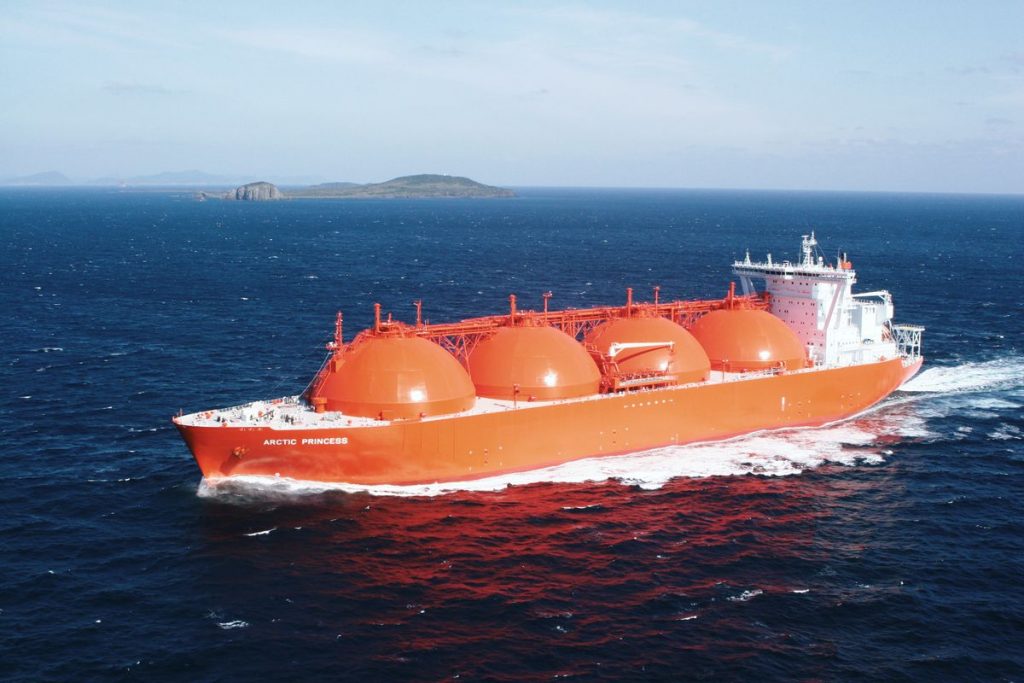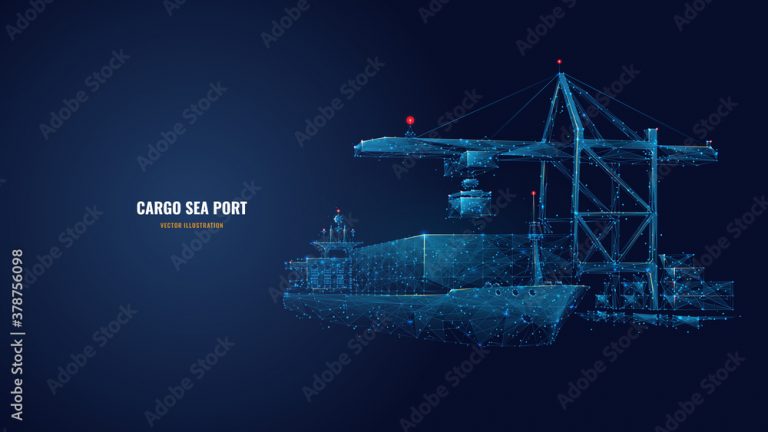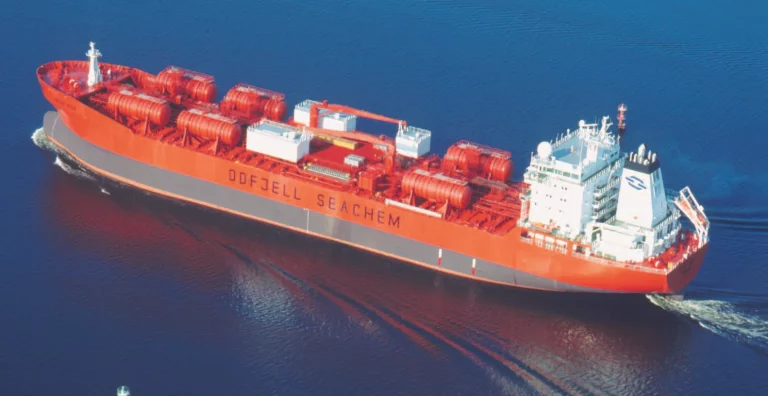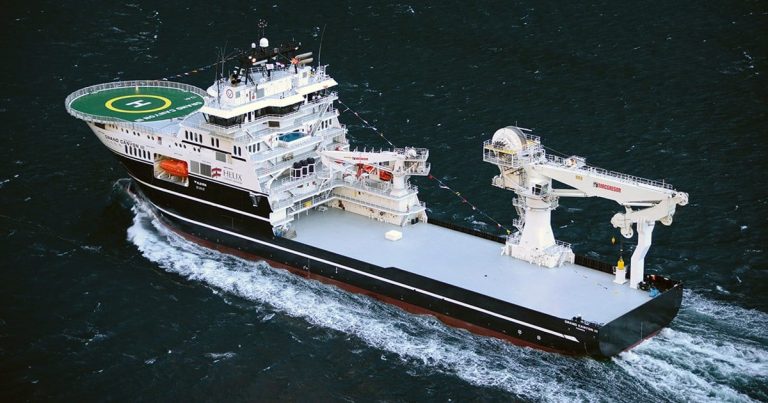
LNG Tankers Navigating the Cold Frontier
Liquefied Natural Gas (LNG) tankers are specialized vessels designed to transport liquefied natural gas across vast distances. These vessels play a crucial role in the global energy market, enabling the efficient and safe transportation of this clean-burning fuel.
The Science Behind LNG Transportation
Natural gas is cooled to extremely low temperatures (-162°C) to transform it into a liquid state. This process significantly reduces its volume, making it more efficient to transport. LNG tankers are equipped with specialized cryogenic tanks to maintain these low temperatures throughout the voyage.
Key Features of LNG Tankers
- Cryogenic Tanks: These tanks are insulated to prevent heat transfer and maintain the LNG in its liquid state.
- Re-gasification Terminals: Specialized facilities that convert LNG back into a gaseous state for distribution.
- Advanced Safety Systems: Rigorous safety measures to prevent accidents and environmental damage.
- Efficient Propulsion Systems: Powerful engines to propel the vessel through long distances.
The Role of LNG Tankers in the Energy Market
- Diversification of Energy Sources: LNG tankers facilitate the transportation of natural gas from resource-rich regions to energy-deficient countries.
- Reduced Environmental Impact: LNG is a cleaner-burning fuel compared to traditional fossil fuels, reducing greenhouse gas emissions.
- Energy Security: LNG imports can help countries diversify their energy sources and reduce reliance on a single supplier.
Challenges in LNG Shipping
- Technical Complexity: The technology required to transport LNG is complex and requires specialized expertise.
- Safety Risks: The extremely low temperatures and the flammable nature of LNG pose significant safety challenges.
- Economic Factors: Fluctuating natural gas prices and shipping costs can impact the profitability of LNG transportation.
As the global demand for natural gas continues to grow, LNG tankers will play an increasingly important role in meeting the world’s energy needs. By understanding the challenges and innovations in this industry, we can appreciate the crucial role these vessels play in shaping the future of energy.
Would you like to know more about the specific technologies used in LNG tankers or the environmental impact of LNG transportation?



